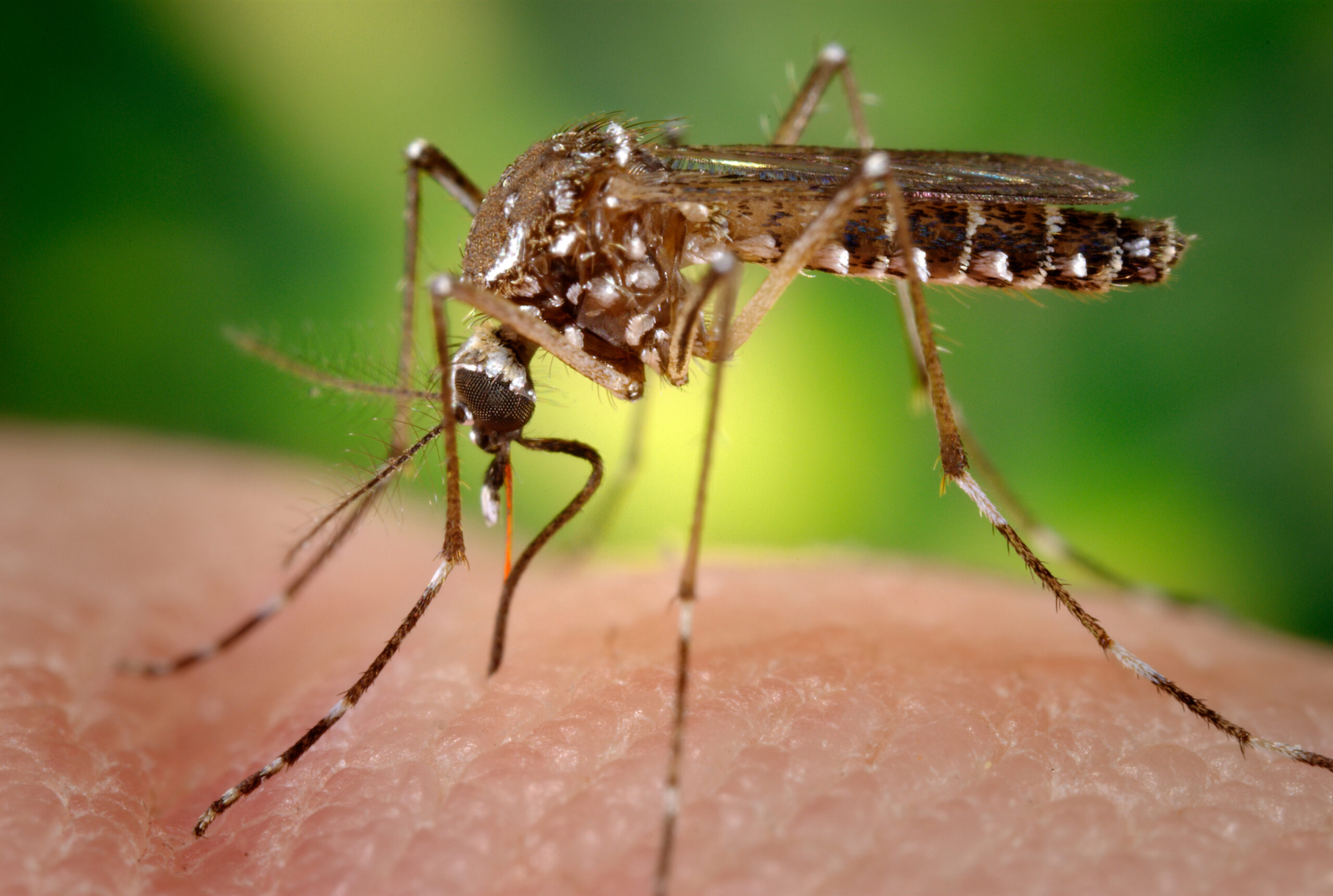Quick, what is the world’s deadliest animal? Bears? Sharks? Mountain lions? Nope. Actually it is the teeny tiny mosquito. That’s right, mosquito-borne diseases are responsible for an estimated 1,000,000 deaths each year. This includes malaria, Zika, dengue, and a little closer to home, West Nile virus and eastern equine encephalitis (EEE). In Massachusetts, we’ve seen reports of West Nile and EEE in mosquitoes nearly every summer in recent memory. While the number of cases is low, they are serious illnesses and are a big driver for regional efforts to control mosquitoes in our local towns.
That is why the town of Acton partners with the Central Massachusetts Mosquito Control Project (CMMCP) to wage war on these pesky insects. The goal is not to eradicate mosquitoes – that would be impossible and probably cause unanticipated consequences in the food chain. Rather, the goal is to reduce the mosquito population and the number of bites.
CMMCP monitors mosquito populations, runs education programs, and eliminates mosquito hatching areas such as drainage ditches. When they detect mosquito populations have passed certain thresholds, they treat catch basins and other stagnant water sources with
Bacillus thuringiensis israelensis (Bti), a non-reproducing bacteria that kills the mosquitoes in their larva stage. According to CMMCP, Bti is considered “practically non-toxic to humans, birds, amphibians, reptiles and other animals” and has been in use for over 30 years.
But perhaps the most visible, and controversial, program of CMMCP is spraying for adult mosquitoes in local neighborhoods. Any neighbor can report a “nuisance” mosquito population and request spraying in their area. Spraying requests for condos and apartments must come from the property owner or association. The CMMCP will investigate to see if spraying is warranted.
The Town of Acton and the Board of Health may also request CMMCP spraying in areas of town if there is a threat of West Nile or EEE nearby. Since both children and older residents are at higher risk of mosquito-borne diseases, these efforts target dense neighborhoods, schools and senior housing.
To conduct the spraying, special trucks drive slowly through neighborhoods in the evening, when mosquitoes are most active, and spray a fog of Zenivex E4 (active ingredient etofenprox) to kill adult mosquitoes. This application method is considered “Ultra Low Volume” and the concentration is carefully monitored. The Environmental Protection Agency states that etofenprox is a pyrethroid derivative with “low acute toxicity” when ingested through the mouth, skin or inhaled. Etofenprox is also the active ingredient in many flea and tick preventatives used on pets.

But still, it can be quite disconcerting to see a fog of insecticide being sprayed in your neighborhood. The daily list of spraying locations is finalized by 3:30 PM every day and posted at: Tentative Spray areas. The CMMCP advises, when you see a spraying truck, to go indoors, close your windows and stay indoors for 15 – 20 minutes until the spray dissipates.
There is also concern about the effect of pyrethrin-based insecticides on pollinators. These insecticides are indiscriminate, meaning it kills bees, butterflies and fireflies as well as mosquitoes. The fine mist of insecticide will also settle on plants, including vegetable gardens.
The thought of inhaling or ingesting insecticide is a valid concern. Low toxicity is not no toxicity. You can opt-out of the spraying program for your property by filling out an on-line form, available at How to Request an Exclusion.
Some people, however, are happy to enjoy the outdoors with fewer mosquitoes. That is why commercial companies also offer mosquito spraying services. This method is usually a “barrier” application where insecticide such as deltamethrin (also pyrethrin-based), is applied to the plants around a property where mosquitoes like to rest. This application tends to last longer than aerosol spraying.
Like many things in our culture, there are opposing viewpoints on mosquito control. Which do you value more, outdoor time with fewer bug bites, or protecting pollinators? Is it more important to reduce the risk of mosquito-borne diseases or reduce human exposure to insecticides?
Regardless of your viewpoints, here are some tips to control your own exposure:
- Minimize your evening outdoor time when mosquitoes are most active.
- Wear long pants and long sleeves to minimize skin exposure.
- Apply DEET repellents or other insect repellents that you find effective.
- Empty birdbaths, flower pots, kiddie pools, tarps and any other place where stagnant water collects in your yard.
- In Acton, a screened porch might be a good investment.
Tom Wolf has been a resident of Acton since 2001 and is a volunteer on the Land Steward Committee.

